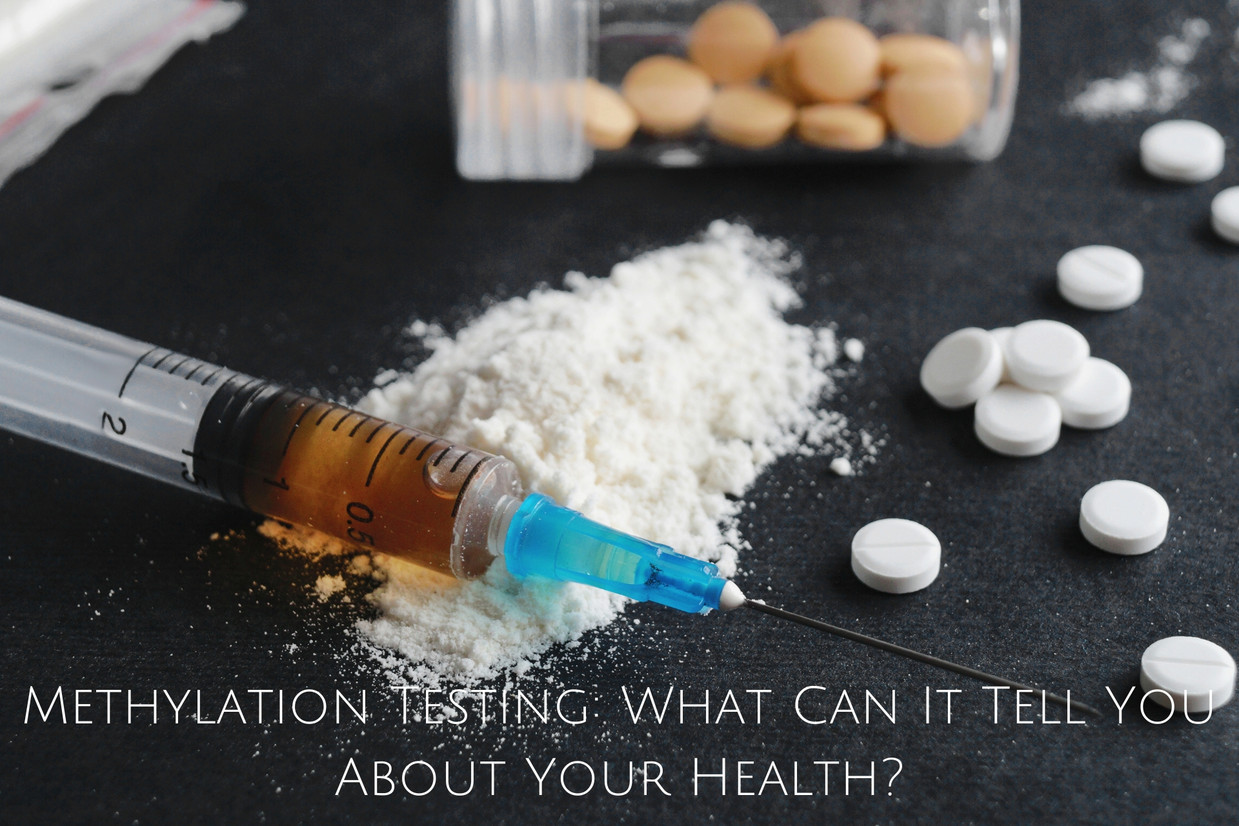Methylation Testing: What Can It Tell You About Your Health?
Methylation is one of the body’s most essential biochemical processes, impacting everything from energy production and detoxification to DNA repair and immune function. Given its widespread influence on health, understanding your methylation status can provide valuable insights into your overall well-being. This is where methylation testing comes into play—a tool that can uncover potential health risks, genetic predispositions, and pathways for personalized interventions.
Let’s dive into what methylation testing is, how it works, and why it’s a powerful tool for optimizing your health.
What is Methylation?
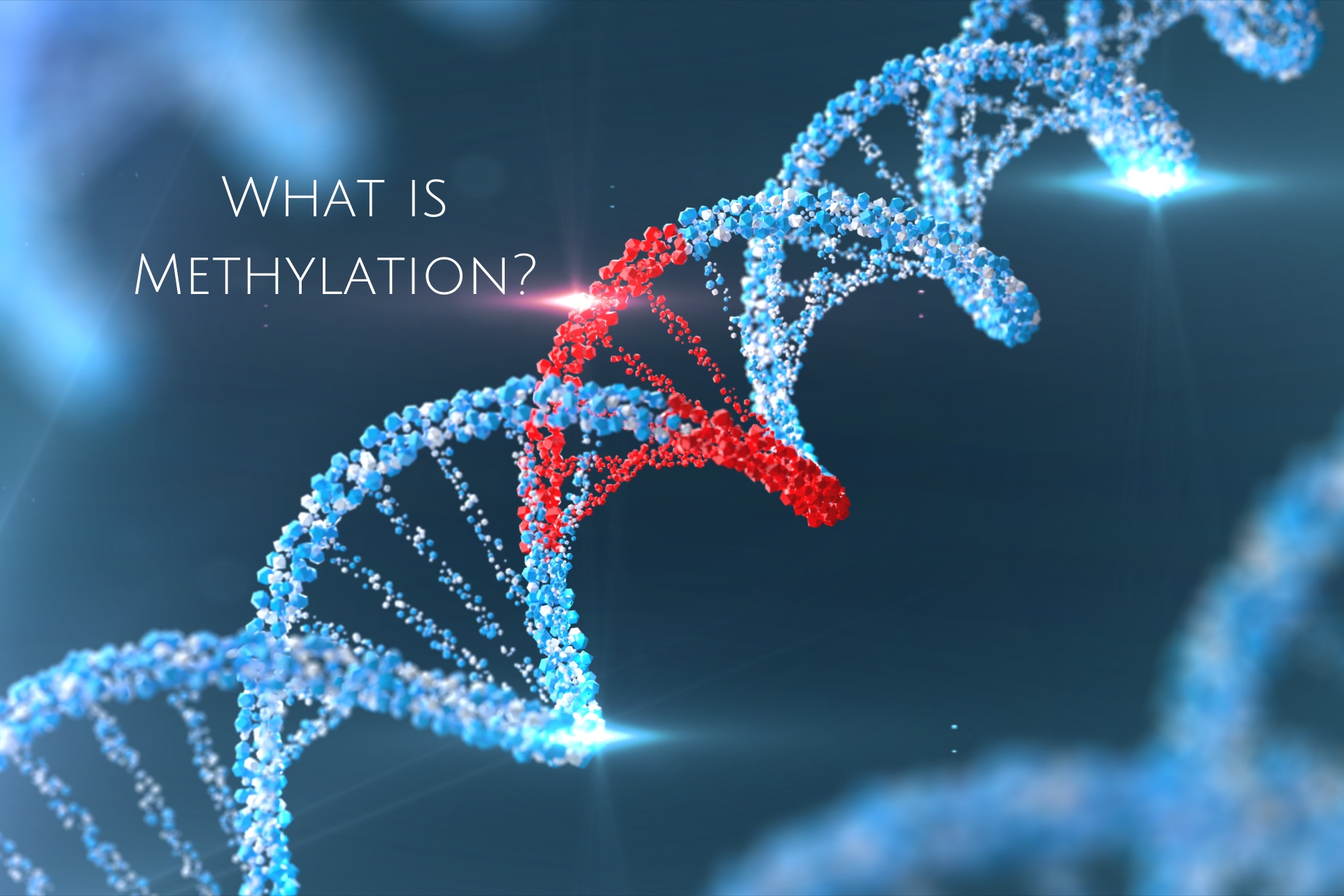
Methylation is a biochemical process that involves the transfer of a methyl group (one carbon atom and three hydrogen atoms) to other molecules. This seemingly simple action is vital for numerous bodily functions, including:
- Gene Regulation: Turning genes on and off.
- Detoxification: Removing toxins and heavy metals from the body.
- DNA Repair: Maintaining genetic integrity.
- Energy Production: Supporting the production of cellular energy.
- Neurotransmitter Balance: Regulating mood and brain function.
- Immune Function: Enhancing the body's ability to fight infections and manage inflammation.
The efficiency of methylation varies between individuals and is influenced by genetic, lifestyle, and environmental factors. Methylation testing provides a window into how well this process is functioning in your body.
What is Methylation Testing?
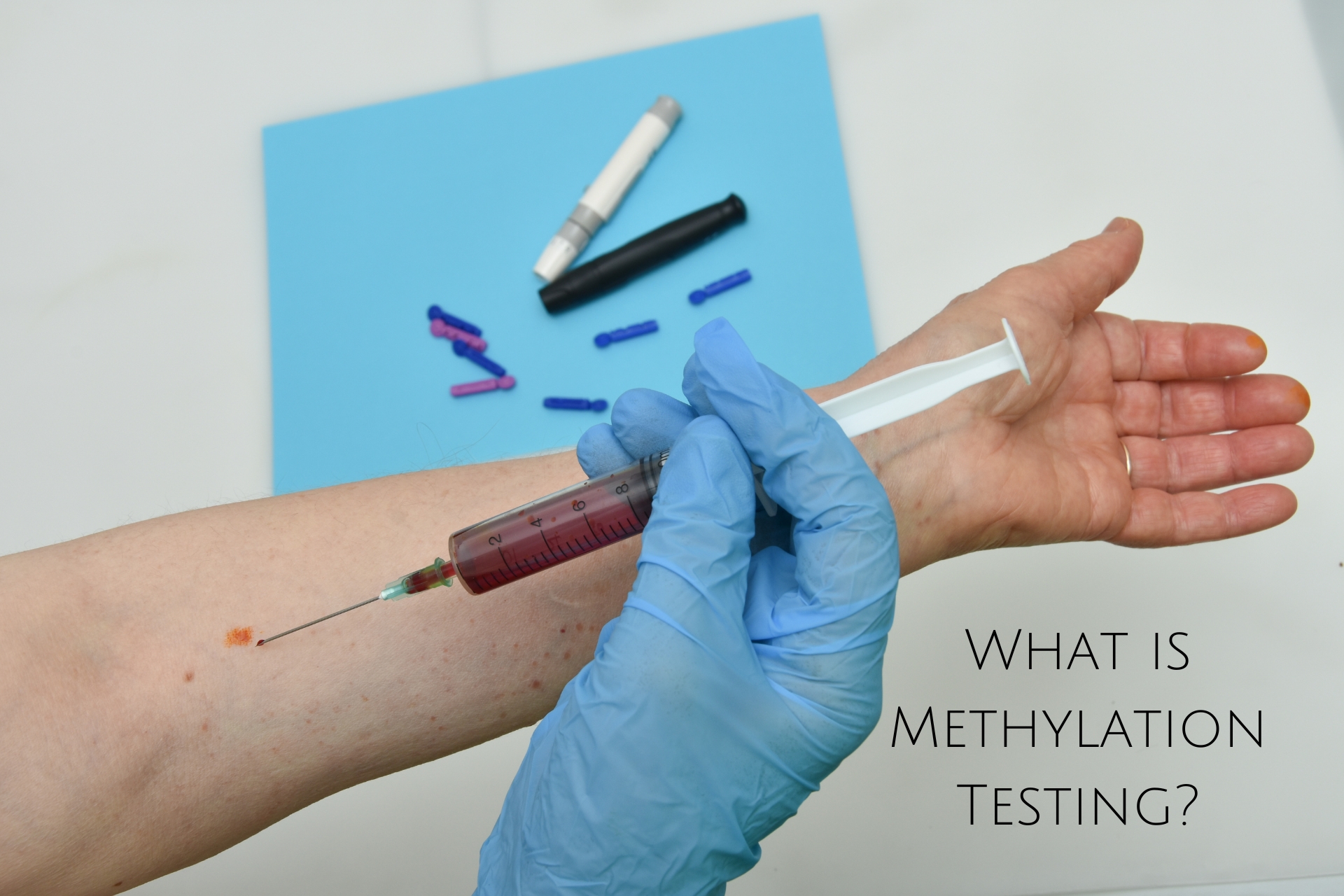
Methylation testing involves analyzing biomarkers in your body to assess the efficiency and balance of methylation pathways. This can be done through blood, urine, or saliva samples. The test primarily looks at:
- DNA Methylation Patterns: How methyl groups are added to DNA, influencing gene expression.
- Key Biomarkers: Levels of homocysteine, S-adenosylmethionine (SAMe), and S-adenosylhomocysteine (SAH), which reflect methylation activity.
- Genetic Variants: Specific genes, such as MTHFR, that affect methylation efficiency.
By understanding these markers, methylation testing can identify imbalances or dysfunctions that may contribute to health issues.
What Can Methylation Testing Tell You About Your Health?
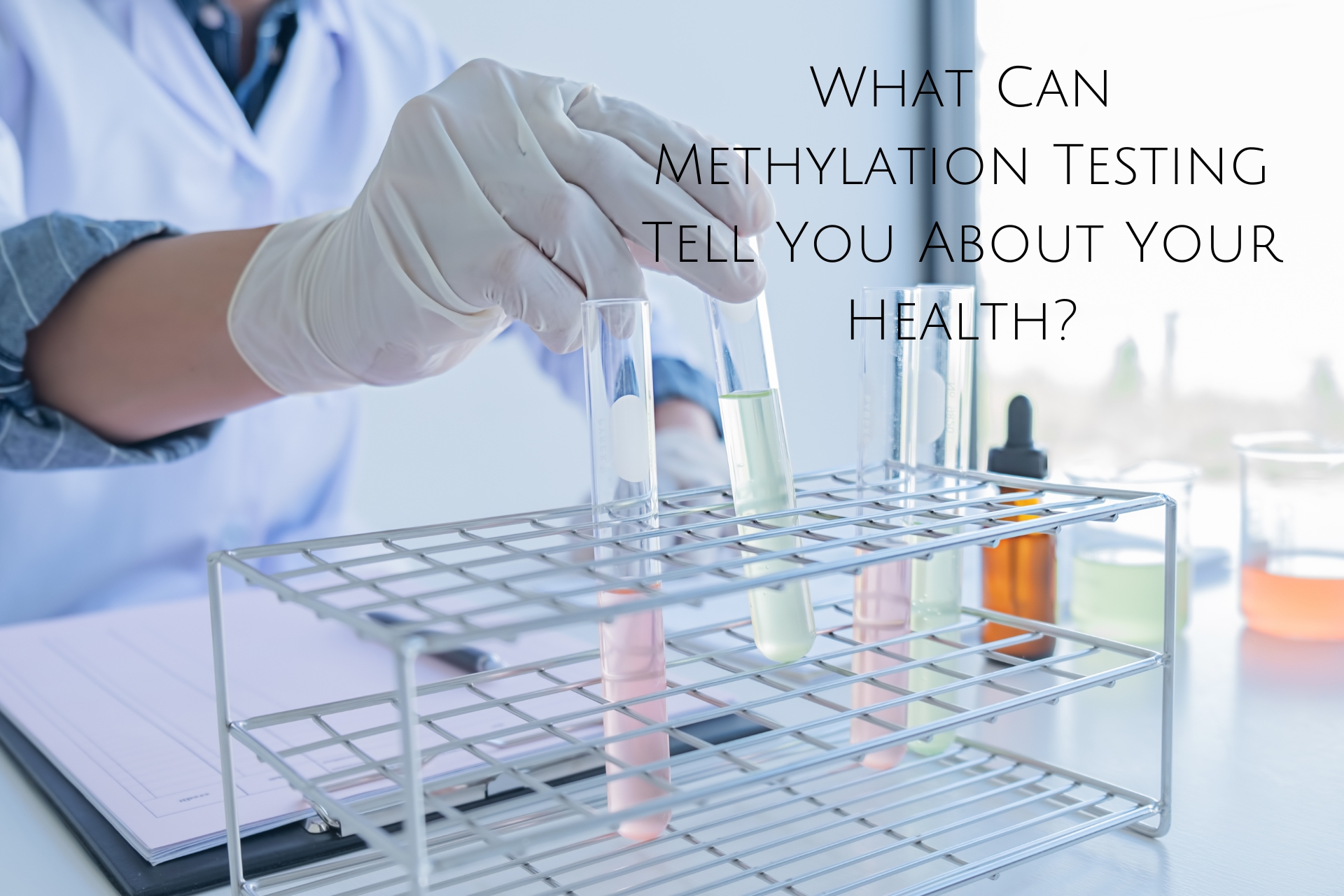
1. Your Genetic Predispositions
Methylation testing often includes an analysis of the MTHFR gene, which plays a crucial role in processing folate, a key nutrient for methylation.
2. Cardiovascular Health
High levels of homocysteine, a biomarker influenced by methylation, are associated with an increased risk of heart disease. Methylation testing can help identify if elevated homocysteine is a concern and guide interventions to lower it.
3. Neurological and Mental Health
Methylation affects the production of neurotransmitters like serotonin, dopamine, and norepinephrine. Testing can reveal imbalances that may contribute to depression, anxiety, ADHD, or memory issues, allowing for targeted treatments.
4. Detoxification Ability
Your body's ability to eliminate toxins, heavy metals, and environmental pollutants relies on methylation. Testing can highlight inefficiencies in detox pathways, suggesting the need for dietary or lifestyle adjustments.
5. Aging and Longevity
DNA methylation patterns are closely linked to biological aging. Methylation testing can assess your “epigenetic age” compared to your chronological age, providing insights into your overall health and lifespan.
6. Immune System Function
Methylation plays a role in regulating the immune system and controlling inflammation. Testing can help identify potential weaknesses in your immune response, guiding strategies to improve resilience.
7. Hormonal Balance
Methylation is involved in processing hormones like estrogen. Dysregulation in this area can contribute to hormone-related conditions, including breast cancer and PCOS.
Who Should Consider Methylation Testing?

Methylation testing can benefit individuals who:
- Have a family history of conditions like heart disease, cancer, or mental health disorders.
- Experience chronic fatigue, brain fog, or mood disorders.
- Are planning for pregnancy and want to assess genetic risks.
- Are dealing with unexplained health issues that may involve detoxification or inflammation.
- Want to optimize their health and slow the aging process.
How to Prepare for Methylation Testing
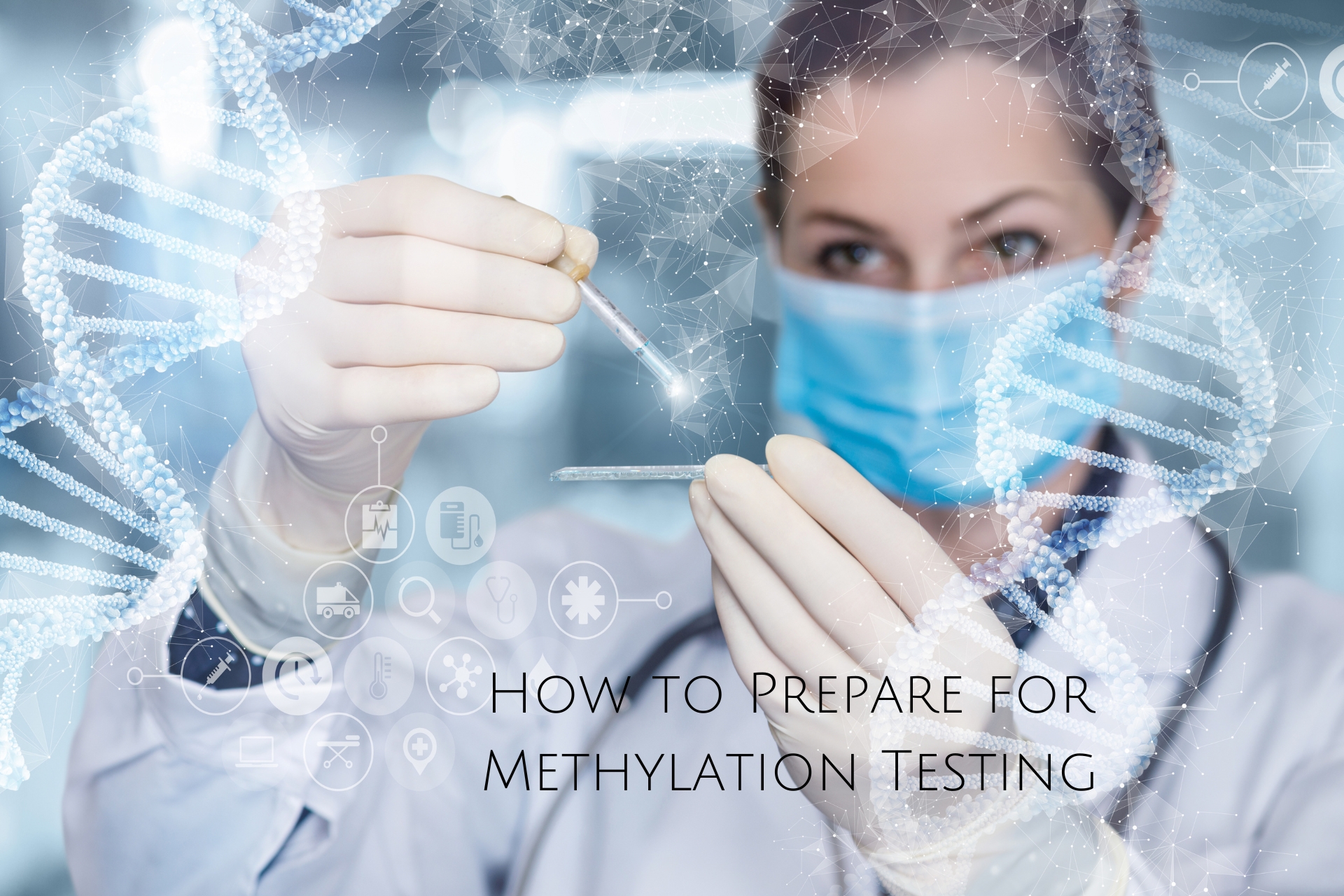
- Talk to Your Doctor: Discuss any symptoms or concerns that may warrant testing.
- Understand Test Options: Some tests focus on specific biomarkers, while others provide a comprehensive analysis of genetic and epigenetic factors.
- Provide a Sample: Depending on the test, you may need to provide a blood, urine, or saliva sample.
Interpreting Your Results
Once your results are in, they will typically include:
- Levels of biomarkers like homocysteine and SAMe.
- Information about genetic variants such as MTHFR mutations.
- An assessment of DNA methylation patterns.
Your healthcare provider or a functional medicine practitioner can help interpret the results and design a personalized plan to optimize your methylation pathways.
Improving Methylation Through Lifestyle Changes
If your methylation pathways are inefficient, there are practical steps you can take to improve them:
1. Optimize Your Diet
- Eat foods rich in methyl donors, such as leafy greens (folate), eggs (choline), and fish (B12).
- Avoid processed foods and sugar, which can interfere with methylation.
- Stay hydrated to support overall detoxification.
2. Take Targeted Supplements
- Methylated B Vitamins: Supplements like methylfolate and methylcobalamin can support methylation for those with genetic mutations.
- Trimethylglycine (TMG): Aids in recycling homocysteine back into the methylation cycle.
- Magnesium and Zinc: Important cofactors for methylation enzymes.
3. Manage Stress
Chronic stress can impair methylation by depleting essential nutrients. Incorporate stress-reduction techniques such as meditation, yoga, or deep breathing exercises.
4. Get Regular Exercise
Physical activity supports methylation by improving circulation, reducing stress, and enhancing detoxification.
5. Prioritize Sleep
Sleep is critical for cellular repair and the regulation of methylation pathways. Aim for 7–9 hours of quality sleep each night.
The Future of Personalized Health

Methylation testing represents the forefront of personalized health care. By identifying imbalances in one of the body’s most critical processes, it allows for targeted interventions that go beyond one-size-fits-all approaches.
Whether you’re looking to address specific health concerns or optimize your overall well-being, methylation testing provides actionable insights that can empower you to make informed decisions for a healthier future.
Conclusion

Methylation testing is a powerful tool for uncovering the unique biochemical processes that influence your health. From understanding genetic predispositions to optimizing detoxification and aging, this type of testing offers valuable insights into how your body functions at a cellular level.
By learning more about your methylation status and making targeted changes, you can take a proactive role in managing your health, improving your energy, and enhancing your quality of life.
Recent Posts
-
Why Quality Sleep Matters More Than Quantity
Sleep is one of the most essential aspects of our health, yet it is often overlooked or misunderstoo
-
The Rise of Microplastics in Food and Cosmetics: What You Need to Know
Microplastics tiny fragments of plastic less than 5 millimeters long are becoming an increasingly pr
-
The Rise of Preventative Healthcare: How Proactive Testing is Changing the Game
In recent years, there has been a noticeable shift in the healthcare landscape—from a reactive appro

